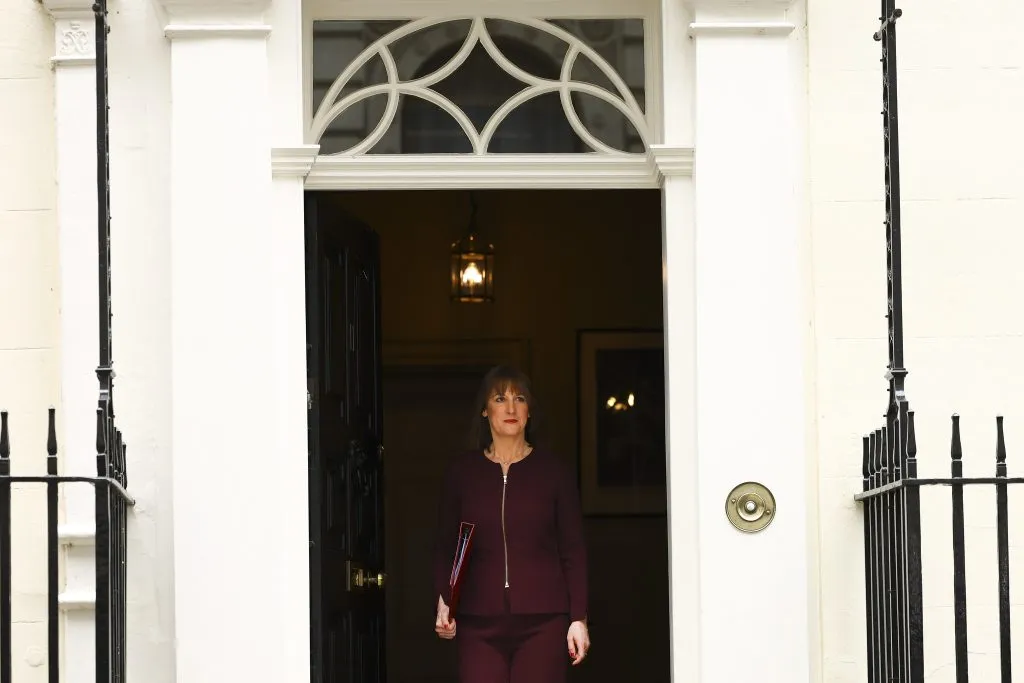
The Chancellor’s Spring Statement received mixed reactions from the mortgage market, while some labelled it “promising”, others said the ‘Get Britain Building’ rhetoric “must now translate into tangible action”.
The Office for Budget Responsibility (OBR) concluded in its forecast that the government’s reforms to the UK’s planning system will result in housebuilding being at its highest level in over 40 years.
In her speech, chancellor Rachel Reeves outlined that the government’s planning reforms will deliver an extra 170,000 homes by 2090-2030, boosting homes built by 30% that year after a 13-year house building low in 2025 to 2026.
This will bring the government closer to its 1.5m new homes target as the OBR also confirmed the government is on track to build an extra 1.3m homes by the end of parliament.
Zoopla executive director Richard Donnell says: “The housing market needs a strong and growing economy to support housing supply.”
“It’s promising to see the Government focusing on longer-term impact by boosting funding for new homes and avoiding short-term measures like stamp duty holidays that don’t really help with the fundamental challenges in the housing market.”
“The top priority should be an easing of mortgage regulations, which will support first-time buyers, an important buyer group for homebuilders and the broader market.
“This would also help the rental sector, where there are still 12 people chasing every home for rent, with those on low incomes bearing the brunt. Increased funding for social housing is essential in the upcoming Spending Review to help support housing delivery and boost the stock of social rented homes, which has been static for 30 years.”
Goodlord chief executive officer William Reeve states the private rental sector is “creaking under intense pressure”.
Reeve says a lot of this pressure is “attributable to supply and demand; there simply aren’t enough homes to go around”.
He states: “Today’s announcement that £2bn will be directed towards social house building is welcome, but the planned 18,000 homes barely touches the sides of what’s needed.”
“We’re going too slowly to hit the Government’s target of 1.5m new homes this parliament, which in itself won’t be enough to close the UK’s housing gap. And we are falling behind our neighbours – the numbers are stark when you compare our housing stock with countries like France. This is being compounded by anti-market reforms.”
“Despite the Government’s narrative about promoting growth and stripping away red tape, where housing is concerned it is doing the opposite. It is inhibiting the market from finding solutions that would reduce the amount of money the Government needs to pour into the sector.”
Reeve suggests scrapping provisions in the Renter’s Rights Bill that will “suffocate market dynamics”, such as bans on ‘over-bidding’ and abolishing fixed term student tenancies.
He notes: “Both reforms are anti-market and will actually make things harder for tenants, not easier.”
“Likewise, we should remove the artificial barriers between the social and private sectors, introducing more fluid, means-tested pathways between the two sectors and targeting support more effectively. And we should be pushing even harder to drive through planning reform and make investing in property a more attractive option.”
Meanwhile, Market Financial Solutions chief executive officer Paresh Raja adds: “Overturning outdated parts of government to improve efficiency has been a major focus for Labour since the election, and planning reform was raised again as a key part of this agenda.”
However, Raja highlights that the ‘Get Britain Building’ rhetoric “must now translate into tangible action”.
He says: “Bringing in new construction workers is a positive step, as the Chancellor had already announced three days ago, but much of today’s speech involves repeating the Autumn Budget’s plans to encourage house building.”
“Reforming the planning system is obviously important. However, investors and developers are unlikely to commit to new projects unless they see a strong and growing economy that provides long-term confidence and a return on their investment.”
“The OBR forecasts were a blow in this regard, and the onus must now be on turning the corner to turbo-charge GDP growth.”
“House prices are rising, inflation fell in February, and the base rate is expected to come down further this year.”
“These are all positives, highlighting that the property market remains buoyant, and this is important given how significant the sector’s contribution to GDP is.”
In future statements and budgets, Raja suggests the Chancellor should “focus more energy on supporting homebuyers and borrowers, which will further stimulate growth in the market”.
Also commenting on the Spring Statement, Propertymark head of policy and campaigns Timothy Douglas says the Chancellor’s speech had “a clear focus on the vital role housing plays in the UK economy and as part of the UK Government’s plan for growth, so it is encouraging to hear that planning reforms will boost national income”.
However, Douglas comments: “Workforce challenges remain and it’s vital that local councils have the resources required to deliver effective planning and infrastructure so communities up and down the country and the wider economy really benefit.”



